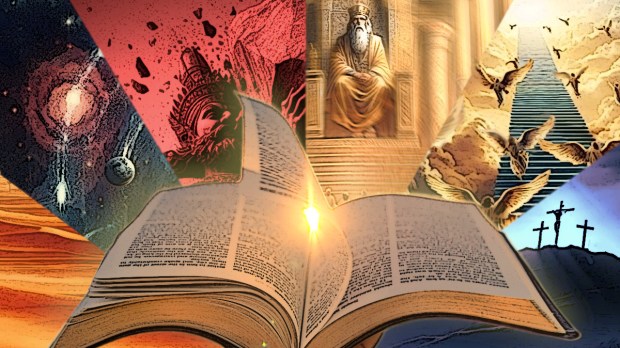Dreams continue to fascinate humankind. The act of dreaming is an experience that every person shares. Yet dreams are highly individualized and little understood, even by today’s neuroscientists.
Many researchers believe that dreams serve to help us process memories and emotions. Other scientists insist that dreams are meaningless and are simply the result of involuntary processes in the brain.
We know from experience that there are many different types of dreams. Many are boring or random or just plain strange. Other dreams seem to reveal our fears or deepest desires. Then there are dreams that possess more mysterious qualities. They speak to us of timeless things in a language that we cannot fully comprehend.
The spiritual significance of dreams
Both St. Augustine and St. Thomas Aquinas believed that dreams could have spiritual significance. However, they also thought that most dreams were purely natural and the results of mental activity, physical processes, or the outside environment.
There are 21 dreams mentioned in the Old and New Testaments. The Bible makes clear that God does sometimes speak to His children through their dreams. Most of the dreams in the Bible played a significant role in the history of humankind’s relationship with God.
Dreams old and new
In the Old Testament, the Lord communicates in dreams both to the humble and the powerful. To Jacob who is fleeing for his life, God offers reassurance and promises deliverance and abundant life; while to the Pharoah of Egypt, God issues a warning of approaching famine and suffering.
In the New Testament, God the Father sends angelic messengers to St. Joseph in his dreams on multiple occasions. The humble carpenter accepts God’s guidance, thus embracing his vocation as he gives protection and fatherly guidance to the young Jesus.
View the PHOTO GALLERY below to see 6 Biblical dreams that influenced history.




